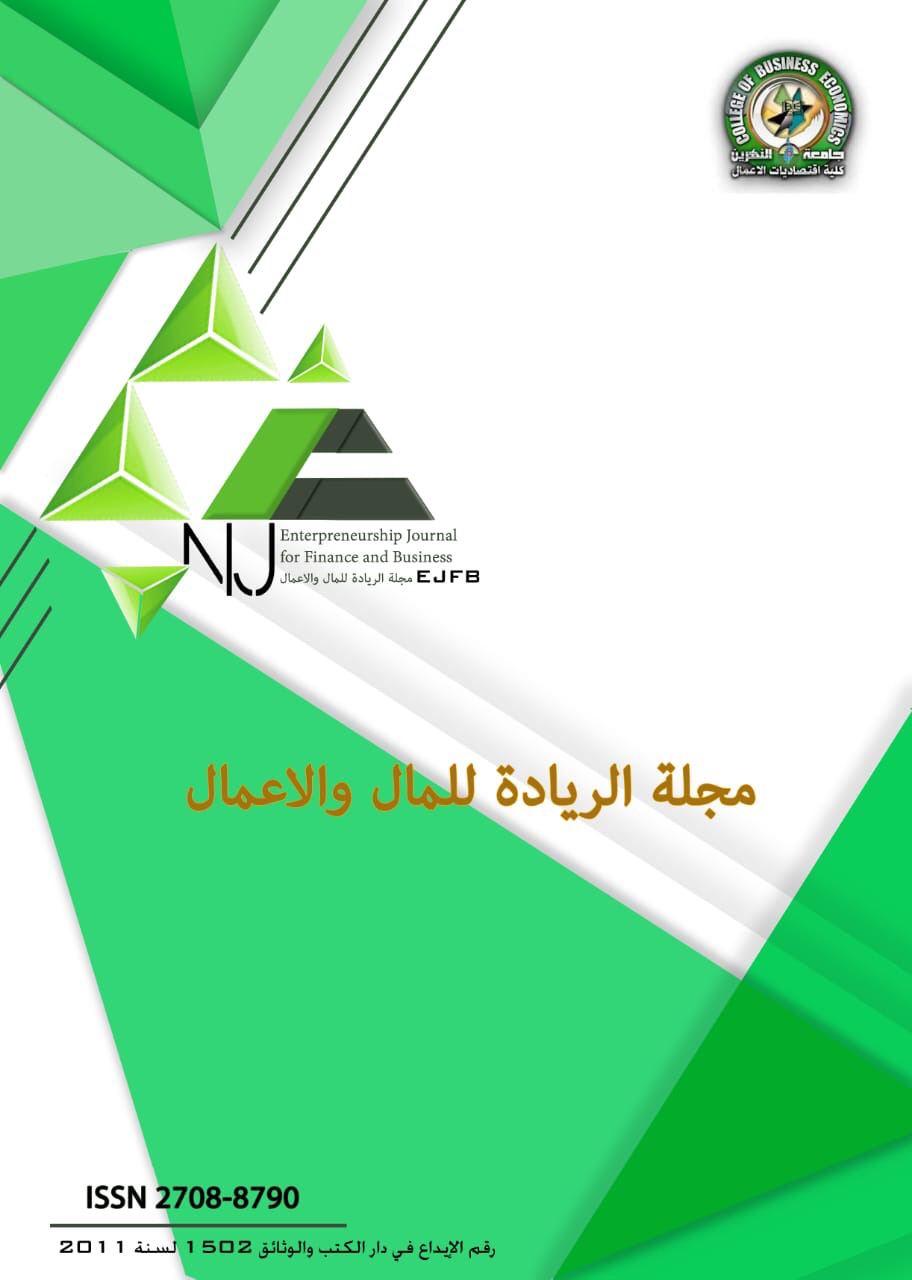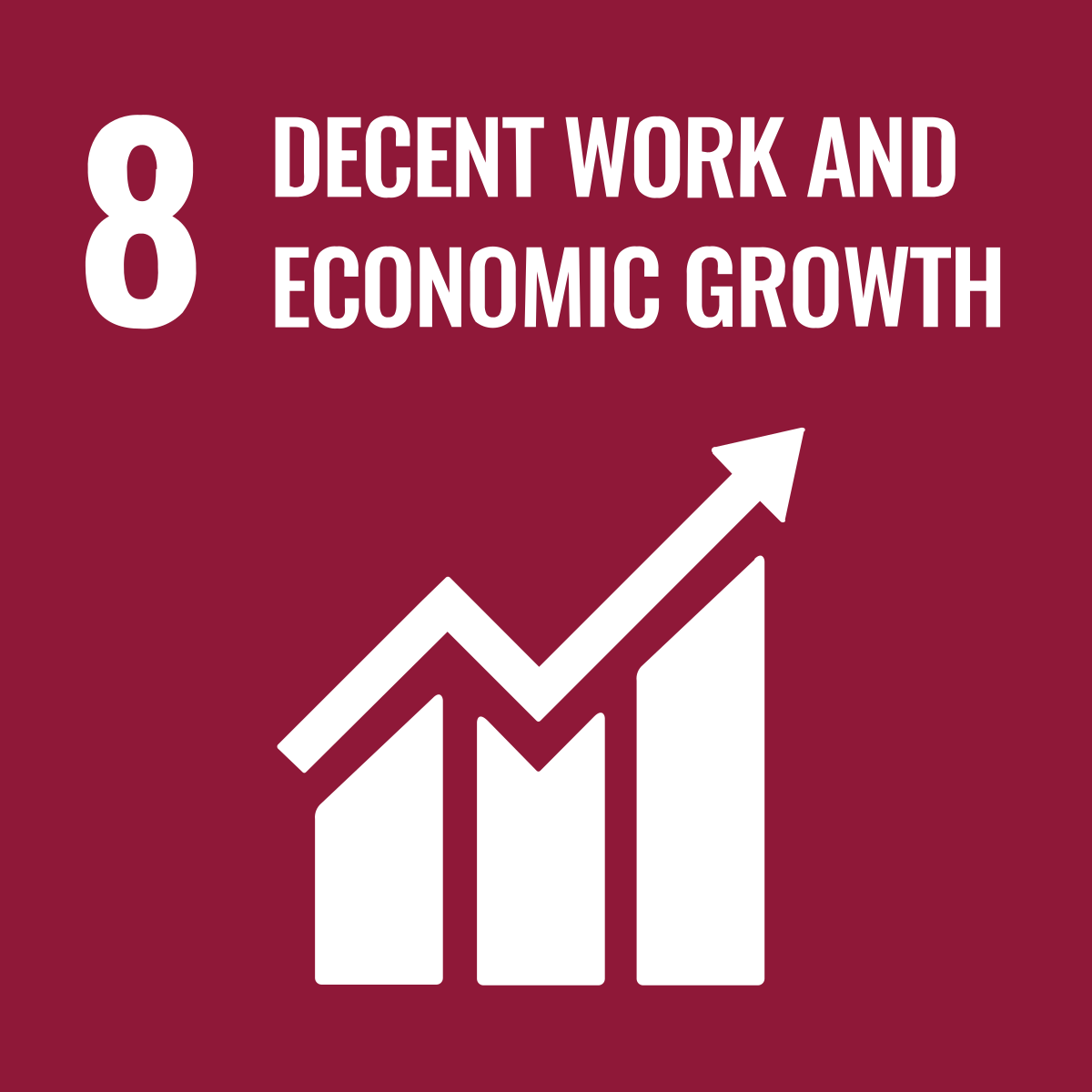Employing the sustainable balanced scorecard to identify non-financial information for the preparation of integrated reports
DOI:
https://doi.org/10.56967/ejfb202148Keywords:
balanced scorecard, integrated reports, non-financial informationAbstract
The research aims to shed light on the stages of development of the balanced score card to the sustainable balanced score card. And according to what the sustainable balanced scorecard contains of many non-financial indicators in its three perspectives except for the financial one, so the research aimed to employ the card and identify its indicators, which usually function as a performance evaluation, so that those same indicators are the non-financial information that is disclosed within The integrated report model, which represents the most advanced generation of reporting.
The electronic payment card company Qcard was chosen to implement the proposed research model. As its financial and administrative reports were analyzed, in addition to conducting extensive interviews with the heads of various departments in the company, the sample of the research. The indicators that formed the sustainable balanced scorecard and which later represented the guide for preparing the integrated report form were identified after distributing the indicators that represent non-financial information on the nine components of the integrated report form.
And the most important conclusion was the operation of non-financial information, in addition to financial information, which led to the activation of management accounting tools, facilitating the formulation of the strategy of the economic unit, the implementation of the strategic objectives of the economic unit, and the achievement of sustainability requirements. Its performance from multiple points of view and enabled the management accountant and management to quantify expectations to the nearest degree of accuracy, which leads to correcting the evaluation process and expanding the area of correction options that can be put forward in the strategic performance evaluation process. As for the most important recommendation, it was necessary to unify the efforts of academics and professionals to raise the level of application of management accounting tools in economic units, and to employ those tools in enabling units to achieve sustainability requirements, and the consequent necessity of developing management accountant skills in preparing reports that feed departments with information. Necessary to fulfill these requirements.
Downloads
Downloads
Published
How to Cite
Issue
Section
License

This work is licensed under a Creative Commons Attribution 4.0 International License.
This is an Open Access article distributed under the terms of the creative commons attribution (CC BY) 4.0 international license which permits unrestricted use, distribution, and reproduction in any medium or format, and to alter, transform, or build upon the material, including for commercial use, providing the original author is credited.






